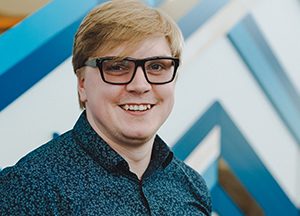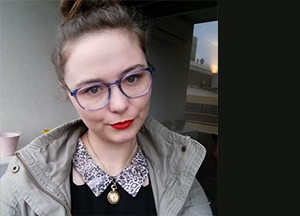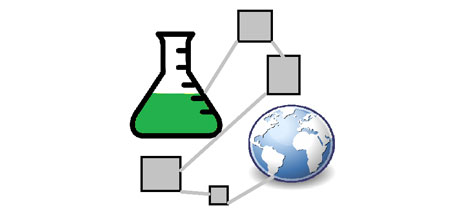
“The network we gained through our mentor and his connections was extremely valuable to help us develop our insights from different industries” – FLEET PhD student Jesse Vaitkus (RMIT)
—Who would be interested in my research? Who would benefit from it the most?
—How can I pursue high-impact research?
—How does research translation work?
—If I’ve developed some cool intellectual property, where would I start with industry engagement?
—How do I effectively ‘sell’ the value of my research in an award application/grant/job interview?
While researchers are typically familiar with communicating their research to others in their scientific community, it is not always easy for them to link their research outputs to outcomes benefiting society.
FLEET recognises that researchers need to be able to effectively demonstrate the value of their work to the world outside academia. Indeed, FLEET needs to do this ourselves!
With the goal to train researchers to better articulate benefits of their research, and translate their research outputs to research impact, FLEET funded two teams on an intensive coaching program, called Ascend, that provides tools and training on industry-engagement skills.
Six PhD students, the Centre communications coordinator and the chief operating officer formed two teams, ‘Low-energy electronics’ and ‘Semiconductor revolution’, that embarked on a ten-week boot-camp with three other project teams from La Trobe and Victoria universities.

“Any research that aims for impact should be controlled by market pull and not the technology. We learned that it is much easier to make things people want than make people want things” – FLEET PhD student Abigail Goff
The two FLEET teams explored how they might bring these visions to life:
- What if future growth in computing was not limited by electric power availability?
- What if we had sustainable, affordable electronics?
Each and every member had to step thoroughly outside their comfort zone by initiating conversations with various industry stakeholders. Interviews were designed to help the teams understand the problem, clarify their purpose and test their solution.
Ascend provides tools to help teams understand and articulate big problems that are worth solving, validate assumptions about the problem and communicate the purpose of their research.
“We’ve learnt how to refine our pitches to fit the target audience,” says participant Hareem Khan. “Each target industry has a huge ecosystem map, and it’s important to identify all the stakeholders in the system and to tap into our immediate networks – starting broadly and then focusing on particular target markets.”
“The network we gained through our mentor and his connections was extremely valuable to help us develop our insights from different industries,” says Jesse Vaitkus.
“Any research that aims for impact should be controlled by market pull and not the technology. We learned that it is much easier to make things people want than make people want things,” says Abigail Goff. “In order to determine what people want or need, we need to interview them. Interviews are key! They allow us to develop a network to learn things about our market and to tailor our product to customers.”
See the teams’ final ‘pitch’ presentations online (FLEET starts 14:00).
—this is an extract from the 2020 FLEET annual report [read the full report online]

